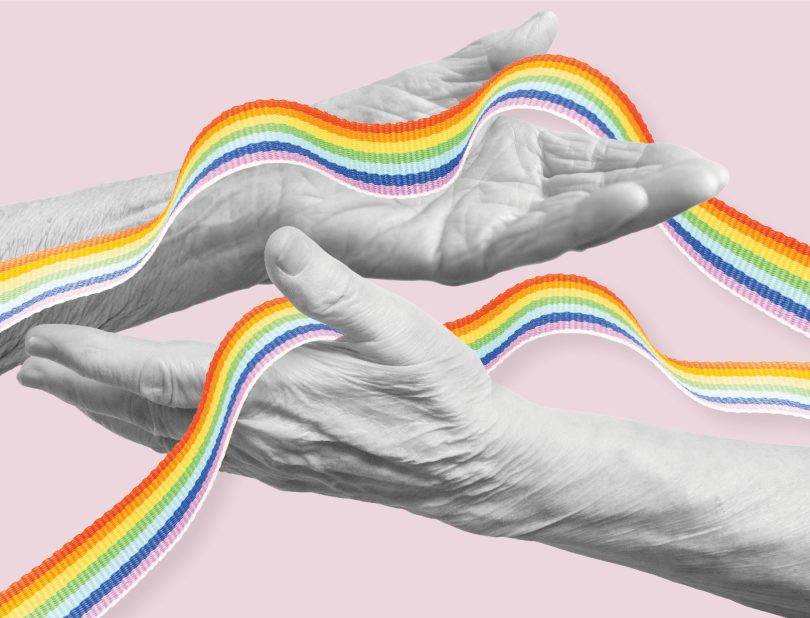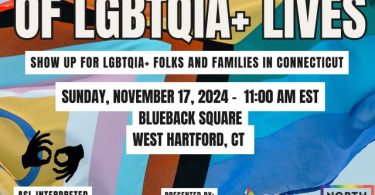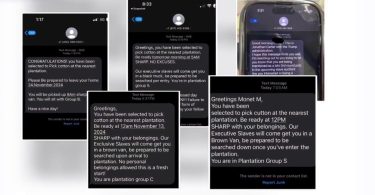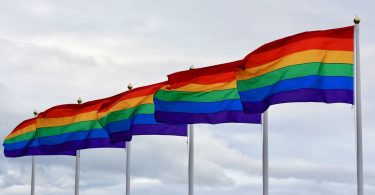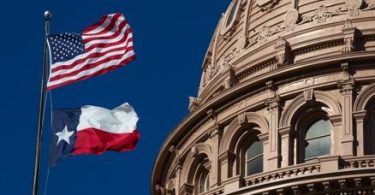Bill is a proud veteran who lived 62 years of his life closeted until coming out as gay after he retired. Now, at age 83, he’s mostly back in the closet, with the fellow residents of his Menomonee Falls senior apartment complex not knowing his true sexual orientation.
“Why should I suddenly declare myself gay when I’m in my 80s already?” he says. “You know damn well that if you came out, word of mouth would pass faster than fire can go through a forest. And all of a sudden you get these looks.”
Finding oneself back into the closet is just one of a unique set of intersecting challenges faced by LGBTQ older adults and seniors. When they’re looking for senior housing facilities, they are less likely to have a partner to help them find a place (and share its costs). When they need a caretaker, they’re less likely to be able to rely on adult children for help getting to appointments or procedures. They’re more likely to suffer from social isolation and loneliness. Not to mention the discrimination and prejudice also faced by older adults and younger LGBTQ people.
These issues are measurable: Older LGBTQ adults are twice as likely as their straight counterparts to live alone, half as likely to have a partner and four times more likely to have no children to assist them as they age, according to the Wisconsin Department of Health Services.
John Griffith, a 75-year-old advocate for the LGBTQ senior community, is out at his senior housing but understands the difficulties many of his peers face. “I’d be concerned, too, if I had to go into a treatment center or senior living facility. I’d be leery of the training and development that the staff might have.”
Griffith knows Bill from the Milwaukee LGBT Community Center, where they meet on Thursdays for an older adult drop-in. “There are so many people that you get to meet in a safe, non-threatening environment, drug and alcohol free,” he says.
LGBTQ adults are 56% more likely to develop an alcohol use disorder and almost three times as likely to develop another substance use disorder. “And that’s really sad,” Griffith says. “And it’s because they didn’t have support systems.”
Griffith also attends a senior LGBTQ group with Cindy Van Vreede, 67. She organizes activities and events for older adults to get out and be social – enjoy live music, go to the park and take city tours. “That is how we fight isolation and loneliness,” she says. “And we create a family for ourselves with the people around us.”
And the group has become more than just a social hangout – they lean on each other in times of need. When 76-year-old Barbara Shapiro fractured her knee last year, she depended on her friend Van Vreede and other members of their seniors group to get to and from appointments. “We try to find ways to help support each other,” she says. “We try to look after each other. It really is a family.”
Barbara Shapiro
“There is a discounting of who we [seniors] are. I’ve done a lot of things in my life. I wrote a major health study. I had many, many jobs in the corporate world. I feel that our opinions are not valued and are overlooked and kind of invisible.”
John Griffith
“We need to figure out imaginative ways to broaden the number of caregivers out there, particularly for those seniors who are living alone.”
Bill
That sex isn’t the defining characteristic of LGBTQ people. “[We] live like anybody else. You could have a job right next to a gay person and not know about it.”
Cindy Van Vreede
“I don’t like the word queer. When I was growing up, that was the equivalent of the n-word. Sometimes, it’s easy to hide behind the q-word. You don’t have to really identify who you are, what you believe in.”
This story is part of Milwaukee Magazine’s May issue.
Find it on newsstands or buy a copy at milwaukeemag.com/shop.
Be the first to get every new issue. Subscribe.

